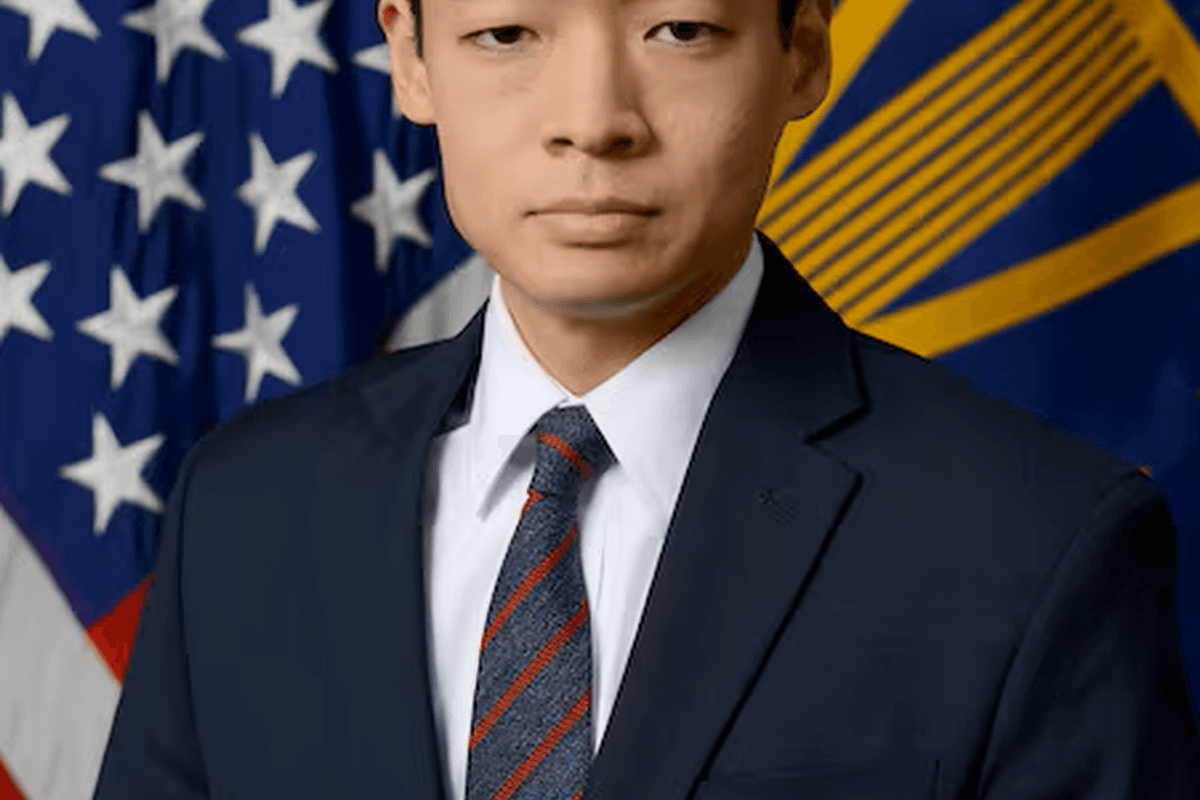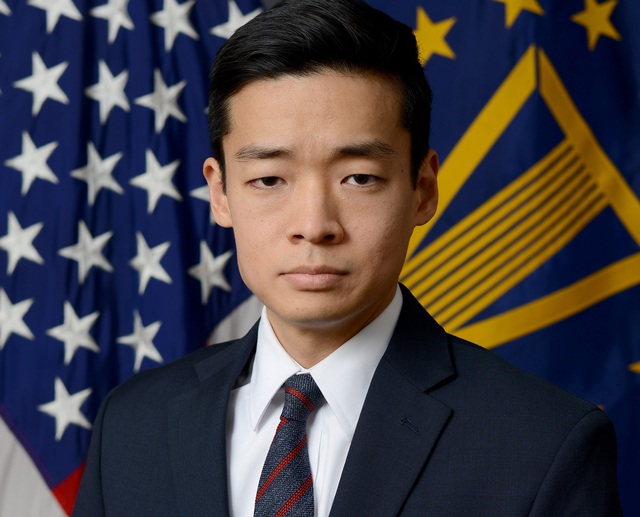Speaking before the U.S. Senate Armed Services Committee on October 7, Noh, currently the Deputy Assistant Secretary of War for East Asia, said he supports former President Donald Trump’s call last year for Taiwan to spend 10% of its GDP on defense.
“I strongly believe that Taiwan needs to fulfill its responsibility, to pay and to increase its defense spending,” Noh told the Senate Armed Services Committee, according to The Washington Times.
Mr. John Noh is currently a candidate for the position of Assistant Secretary of War for Indo-Pacific Security AffairsPHOTO: US DEPARTMENT OF WAR
Meanwhile, Taiwanese officials have said that increasing defense spending to 10% of GDP is financially unfeasible. The Taiwanese government spent about 2.45% of GDP on defense in 2025 and is expected to spend 3.32% in 2026.
Last month, President Trump delayed approval of a $400 million arms package for Taiwan while negotiating trade and tariff issues with China, and in anticipation of a meeting with Chinese President Xi Jinping, according to The Washington Times.
When asked about the suspension of arms deliveries to Taiwan, Noh said that if confirmed, he would offer his best advice and recommendations to find creative ways to accelerate the delivery of weapons to Taiwan.
“But Taiwan absolutely needs to fulfill its responsibility, spend more, increase defense expenditures, and acquire the most appropriate asymmetric capabilities to deal with a potential attack scenario,” Noh emphasized.
From 2015 to 2025, the U.S. Congress has been notified of more than $28 billion in arms sales to Taiwan. Congress has complained that much of the weaponry and equipment has been delayed due to slow production and lengthy delivery times.
Noh argued that Taiwan must undertake significant reforms in training, force mobilization, civil-military coordination, infrastructure strengthening, and cybersecurity.
“So beyond just the weapons issue, there’s a great deal that Taiwan can and must urgently do to prepare for a potential attack scenario,” he said.
According to Noh, China’s large-scale military buildup with both conventional and nuclear forces, supported by cyber and space warfare capabilities, is alarming and unprecedented in speed and scale.
“This is the fastest and largest military buildup since World War II,” Noh stated.
In a written response to questions from the Senate Armed Services Committee, Noh emphasized that he is fully committed to the "America First" policy and to peace through strength.
There has been no official response yet from either Taiwan or China regarding Noh’s remarks.

